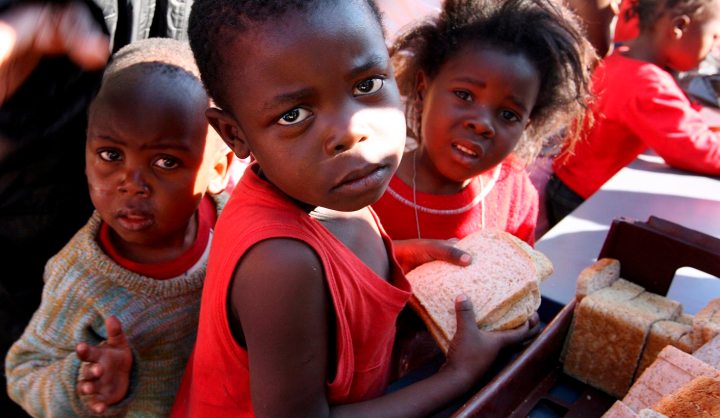South Africa
GroundUp: Children of immigrants born in SA can now get citizenship

The High Court finds the Department of Home Affairs’ refusal of citizenship to six people unconstitutional. By Safura Abdool Karim for GROUNDUP.
First published by GroundUp
On Thursday, the Western Cape High Court created a pathway to citizenship for children born to non-South African citizens.
The South African Citizenship Act, 1995, initially contained two pathways for citizenship by naturalisation but neither applied to children born in South Africa to non-citizen parents.
The Citizenship Amendment Act, 2010 came into force in January 2013 and created a new pathway to citizenship by naturalisation for children born in South Africa to parents who are not South African citizens or permanent residents. Under the amendments, such a child may apply for citizenship when they turn 18 years old if they have lived in South Africa from the time they were born and their birth was registered.
The case was brought by six people – Mariam Ali, Aden Salih, Kanu Nkololo, Farieda Nsoki, Caroline Masuku and Murphy Ngaga. All six were born in South Africa, had their births registered and turned 18 after 1 January 2013. All of them applied for citizenship under the amended South African Citizenship Act, 1995, and their applications were refused by the department of Home Affairs. The applicants were represented by the Legal Resources Centre.
The department is of the view that the new pathway doesn’t apply to people born before the amendments came into force on 1 January 2013. The Department argued that people born before this date are not prejudiced because they are still able to apply for refugee status or permanent residence.
Acting Judge Derek Wille disagreed with the latter argument, finding that the issue of prejudice was relevant and that the prejudice involved the practical implications of the Department’s decision as well as fundamental constitutional entitlements. Specifically, the court stated that the Department’s decision was “‘effectively ‘ring-fencing’ the applicants as ‘non-citizens’ in the country that they have lived in since birth and which mostly likely [is] the only that they have ever experienced and known”. Wille found that the Department’s actions infringed on the applicant’s dignity and effectively relegated them to the status of second-class citizens.
The court then had to consider whether the Act applied to individuals born before 1 January 2013. The applicants argued that the new pathway should be available to anyone who qualified for citizenship after it came into operation, in other words people who turned 18 after 1 January 2013.
Ordinarily, legislation does not apply retrospectively ie to events that came before the legislation came into force. However, in this case, the court found that the legislation could operate retrospectively because it would not interfere with existing rights and obligations.
Also, the court held that a failure to interpret the law to apply retrospectively would draw an artificial distinction between children born before and after 1 January 2013, and violate a number of constitutional rights including the right to dignity and the right to equal protection and benefit of the law. Such a distinction would mean that children who were born and lived in South Africa until they were 18 would have no right to apply for citizenship. So the court found that any person who met the law’s requirements, irrespective of whether they were born before or after 1 January 2013, would have a pathway to citizenship under the Act.
However, Wille decided not to make an order granting the applicants citizenship because this would be judicial overreach. Instead, the court ordered the department to accept the applications and decide on each of the applications within ten days of them being filed. The department was also ordered to create the forms needed to allow applications under the act to be filed within a year and, in the interim, accept applications by affidavit. DM
Read the judgment here.
Photo: Child refugees from xenophobic violence receive food at the Rand Airport camp near Germiston, east of Johannesburg, South Africa, 31 July 2008. EPA/JON HRUSA

















 Become an Insider
Become an Insider